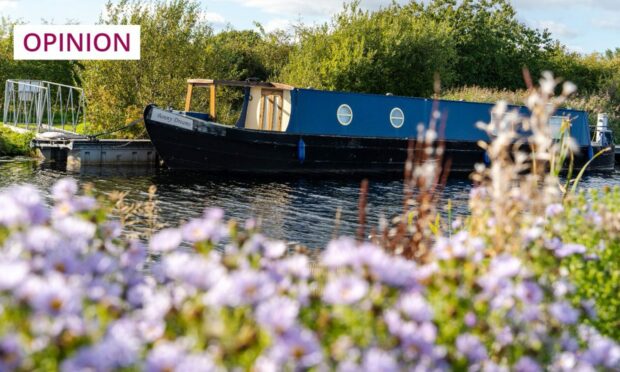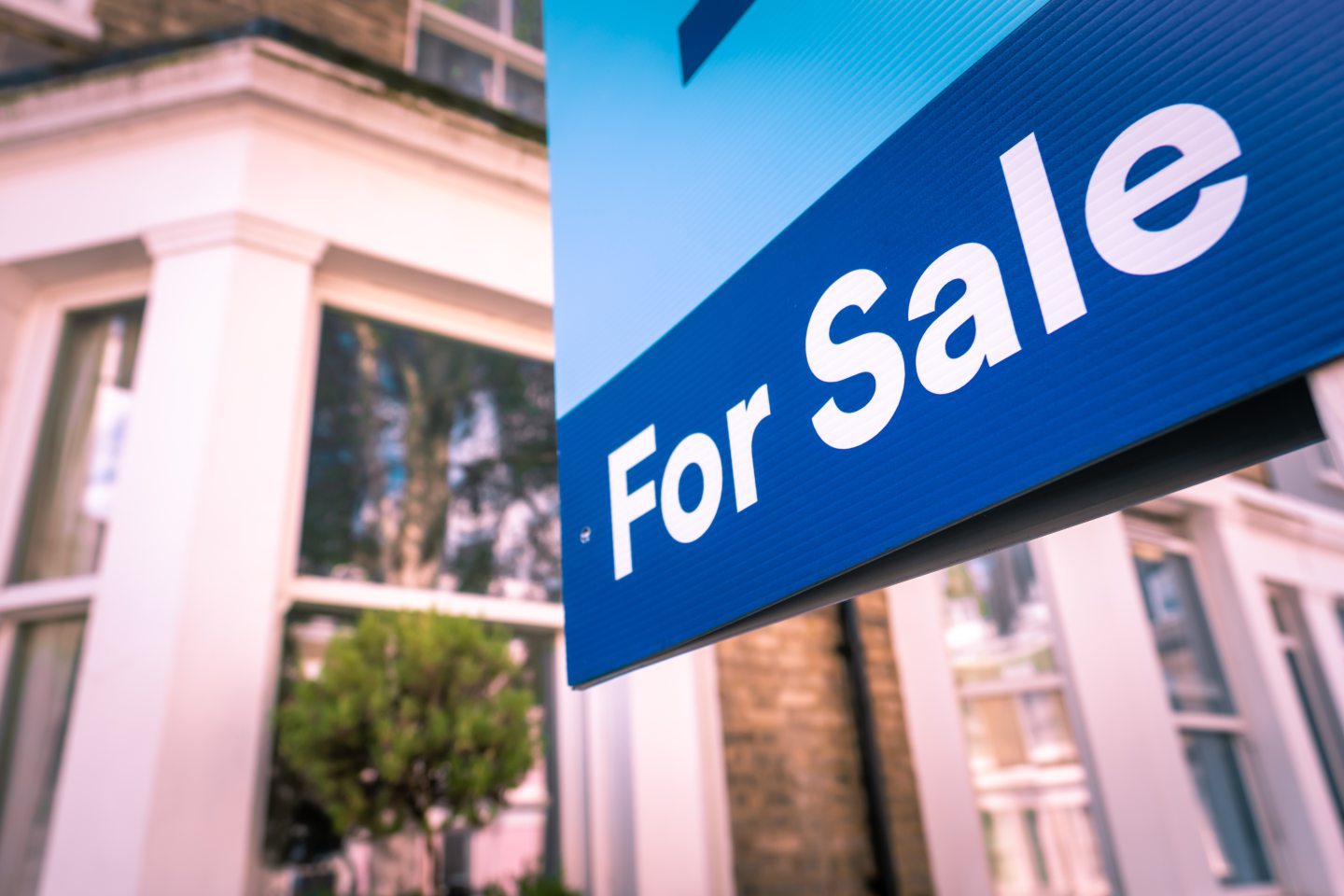Tomorrow my whole family – except Dora the cat, who prefers to stay home and luxuriate in rubbing her bum on our clean pillows – are getting on a train from Glasgow to West Yorkshire.
There, we will meet a stranger and potentially give him all the money we have for a floating box that has the propensity to sink or set on fire or simply break on any given day. Oh, and by the way, we’re all going to go live in that box on a canal somewhere… We’re not sure where yet.
The box in question is a 59-foot, steel-hulled narrowboat, two metres wide – a homage to pine panelling, with a cosy living room, the “saloon”, a galley kitchen, a bathroom with an extremely 1960s, hip bath, and two double bedrooms.
We’re also hoping this will be the solution to our housing woes. There’s a joke in our family that, when we decide to move, I don’t let the Post Office know, but instead inform the readers of The Press and Journal. And so, dear reader, I hope you’ll join our family again for some goodbyes and some new beginnings.
Last August, we were overjoyed to come back to Scotland from Prague and to rent a beautiful tenement flat in Glasgow’s Southside. I got a job as a lecturer in creative writing at the University of Glasgow and we fully immersed ourselves in Weegie life.
We found the perfect nursery for our son when he turns three. My husband made a shortlist of NGOs he would like to work for when his daddy daycare duties are over. We made friends with our neighbours and discovered favourite city spots. It felt, still feels, like home.

But home is not a right it seems but a privilege and, despite the fact that we’d worked hard to save a house deposit, had decent credit (I was as surprised anyone) and I’ve not one but three good jobs, we’re reluctant to buy in a market that feels like it’s become a bit hysterical. Specifically, the “offers over” system, which obliges you not just to have a deposit for your mortgage provider, but also a large lump sum on top of that, as it’s a seller’s market and some places are going for a staggering 20% over the asking price.
We thought we would simply bide our time in our averagely-priced-for-Glasgow-but-still-expensive-to-us rental. But, a month ago, our landlords told us they needed to sell. So, we’ve eight weeks to make our lives boat-shaped and find a boat-shaped thing to call our home.
The boat chooses you
I have been told by experienced water dwellers that you do not choose boats to live on, they choose you. But, since we’re taking over five hours of trains tomorrow, and staying in a little cottage in a small West Yorkshire town we probably wouldn’t visit otherwise, we’re hoping that this boat and us might fall into mutual love at first sight.
The decision to live on a boat isn’t exactly a new one. I lived on the Thames, on Swan Island – a ramshackle collection of boats in various states of disrepair – 10 years ago, while finishing my first book.
I moved out for work, but it was always my intention to get back on the water. Indeed, when I met my husband, I was taking every bit of work I was offered and saving my pennies for a tiny, 27-foot “yoghurt pot” fibreglass cruiser to live on. But then we fell in love, and the idea of late lie-ins with that new wonderful person was even more appealing than puttering about East London’s canals and rivers.
When my last book, Lowborn, came out, we once again revisited the plan, drawing a pen sketch of a barge bookshop on a paper napkin in a Ramen place in Tooting. But by then we were almost 40, thinking about a family, and wanted a boat that could really be a home rather than sort of camping on water. So we decided to wait, try to save some more.
Benefits and drawbacks
There are real benefits to living on the waterways. Once you’ve bought your boat, there’s no rent or mortgage payments, only a Canal and River Trust licence of around £100 a month. You’re also living in a slower, more sustainable way, closer to nature.
Don’t like where you are? You simply pull up your metaphoric anchor and move on up river. Your life is an experience that most people, at best, only get for a few weeks on a holiday.
Of course, there are also drawbacks. Primary is the aforementioned sinking, burning and breaking. One way or another, you deal with your own sewage (less gross than it sounds, actually). There’s very little space and, so, 90% of our things must go.
We’re also making complicated calls to my rheumatology doctor to make sure that I can always access treatment. And, of course, while you do have a floating community which by all accounts is warm and welcoming, it is not the same as being rooted to a single, familiar city.
For us, it feels like the best option, allowing us to get out of the rent trap
This is actually not such a radical decision. Many more people are choosing to live on the waterways annually and, indeed, will continue to, as stable housing becomes the true divider of our haves and have-nots. For us, it feels like the best option, allowing us to get out of the rent trap.
We feel very lucky that, in this case, we will “have”. We have each other. Hopefully, we’ll have our tiny, floating home full of love, warmth (because you can bet that I’m investing in more than one stove), and full of freedom, too.
So, wish us some famous Aberdeen luck for tomorrow, that the stranger is a decent one, that the boat is not a sinker, and that we can start our new life of words on the water.
Kerry Hudson is an Aberdeen-born, award-winning writer of novels, memoirs and screenplays











